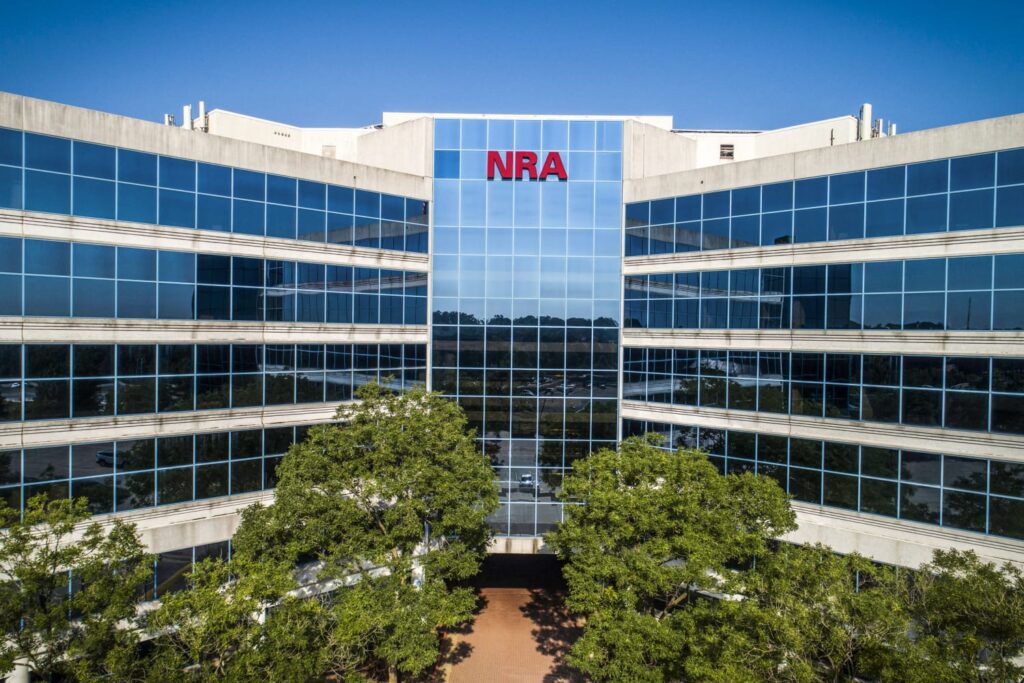WASHINGTON — The Supreme Court ruled Thursday that the National Rifle Association can sue New York state officials for unlawful coercion when they urged companies to cut ties with gun rights groups.
The justices unanimously ruled that the NRA could move forward with its claims that the actions of Maria Vullo, then head of the New York State Department of Financial Services, violated its First Amendment free speech rights.
The case is one of two the Supreme Court is considering involving alleged government coercion of private companies. The other, which has yet to be decided, concerns claims that the Biden administration illegally pressured social media companies when it asked them to remove certain content.
“Government authorities may not compel private organizations to punish or suppress views the government dislikes,” liberal Justice Sonia Sotomayor wrote for the court in Thursday's ruling. She added that the NRA was likely arguing that Vullo “did exactly that.”
The NRA appealed a 2022 ruling by the New York-based U.S. 2nd Circuit Court of Appeals, which said Vullo's actions did not amount to illegal conduct and his free speech claims should be rejected.
In a 2018 lawsuit, the gun rights group focused on an investigation by Vullo's office into an insurance company the NRA was working with to provide insurance to its members. The gun rights group is based in Virginia but incorporated in New York state.
And following the 2018 Parkland, Florida, school shooting that left 17 people dead, Vallo called on insurers and banks to reassess their relationships with gun rights groups.
Ms Vullo's lawyers argued that it was clear that a government official in her position could encourage companies to consider reputational risks.
In her ruling Thursday, Justice Sotomayor wrote that nothing in the ruling gives advocacy groups immunity from government investigation and that it “does not prevent government officials from forcefully condemning views with which they disagree.”
The NRA received legal support in the case from the American Civil Liberties Union, which typically supports left-leaning causes. The ACLU said its decision to represent the gun rights group “reflects the importance of the First Amendment principles at issue in this case.”


